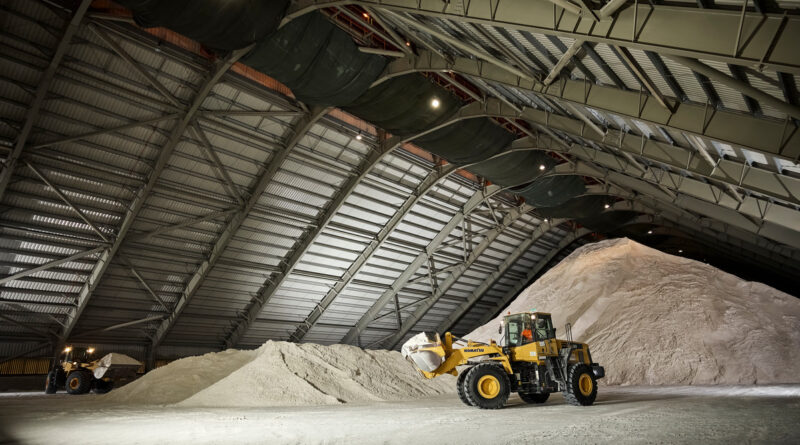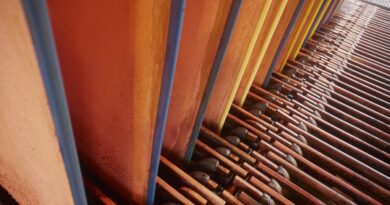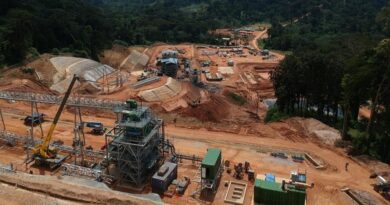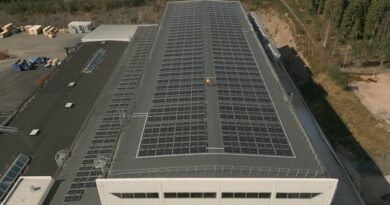Indonesia to challenge Australia’s dominance over alumina supply in Asia
China has successfully extracted and expanded its nickel operation in Indonesia. Investments are usually tied with knowledge-transfer, jobs and the developments of key infrastructures. The same tactic has been applied on aluminium and alumina with
China looking to tap into the country’s already rich bauxite production capability.
Still, success comes with costs and challenges. Worker unrest and the lack of environmental standards have repeatedly appeared though some progress has been made. Realising low-carbon end products will bring their own challenges, from extra funding for the installation of a renewable energy grid to disposing waste in an environmentally friendly way.
Most recently, the Indonesian government has pushed back on their renewable energy target for 2025, which has further undermined their overall interest and capability to deliver what the world needs.
Indonesia bauxite export ban worked well
Aluminium has an important role to play in the EV strategy. With its 1 billion tonne bauxite reserves, Indonesia is well placed to harness this opportunity.
Indonesia produced around 3.9 million tonnes of alumina in 2023, but analysts forecast this could reach 10 million tonnes by 2025.
Recently-opened PT Borneo International Aluminium (BAI) will bring 1 million tonnes alumina capacity alone by 2025. Another seven alumina refineries are due to come online next year to bring an additional 9 million tonnes of alumina capacity online. Assuming all 11 alumina refineries open on schedule, total Indonesia alumina capacity could reach 16 million tonnes in the next 5 years.
PT Borneo smelter grade alumina refinery (SGAR) project makes this all the more feasible, with the refinery estimated to produce around 1 million tonnes of alumina. Most recently, Press Metal announced interest in building a $750 million alumina refinery in Indonesia though capacity and timeline remains unclear.
As such, Indonesia is positioning itself to challenge Australia’s dominance over alumina supply in the region.




